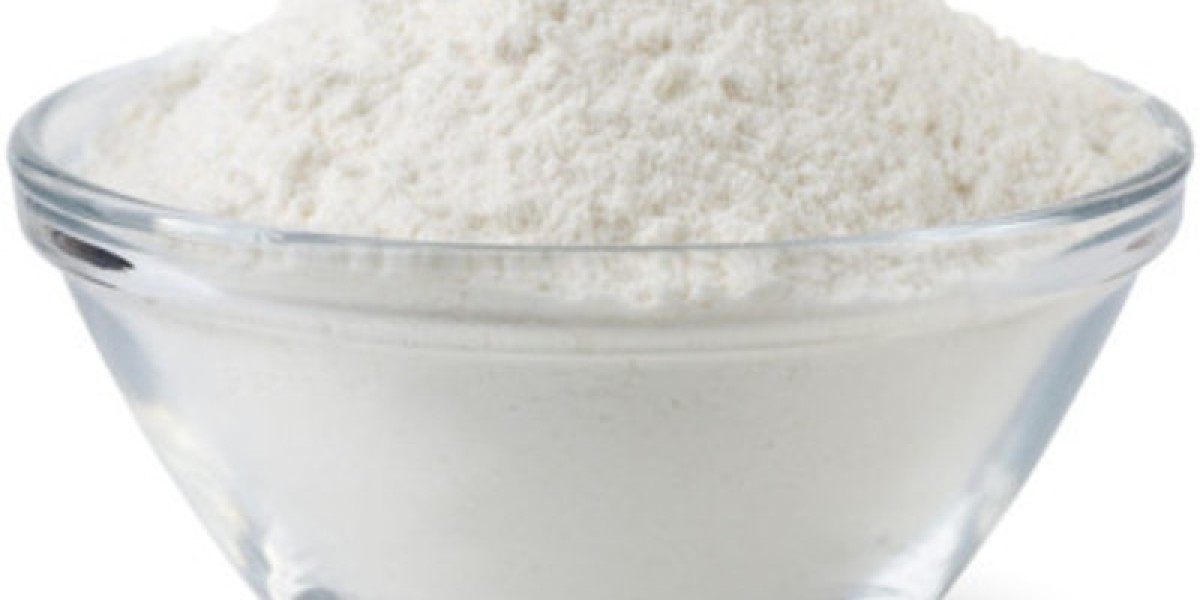active pharmaceutical ingredient manufacturers ensure drug quality through the following measures:
1. Compliance with Strict Regulations and Standards
- GMP Compliance: active pharmaceutical ingredient manufacturers must strictly adhere to GMP (Good Manufacturing Practice) requirements. GMP covers various aspects, including production, quality control, equipment validation, and personnel training, to ensure standardized and regulated manufacturing processes.
- Industry Standards: Manufacturers also need to follow quality standards set by organizations such as the International Council for Harmonisation (ICH). For example, ICH Q7 guidelines provide detailed requirements for laboratory management, stability monitoring, and sample retention in API production.
2. Quality Control Systems
- Raw Material Quality Control: Strict inspection of raw materials is conducted to ensure they meet quality standards. For instance, for APIs, comprehensive impurity studies are carried out to control the content of critical impurities.
- Process Monitoring: Advanced Process Analytical Technology (PAT) is used to monitor the production process in real time. For example, Near-Infrared Spectroscopy (NIR) can be used to monitor the concentration of APIs in continuous mixing processes to ensure consistent product quality.
- Stability Studies: Stability testing is conducted on APIs to determine their shelf life or retest period. For example, stability studies are required for the first three batches of products entering the market, with a minimum testing frequency of once a year.
3. Process Validation and Optimization
- Process Validation: Comprehensive validation of key manufacturing processes is carried out to optimize process parameters and ensure the stability and reproducibility of production. For instance, process validation can minimize variability in the manufacturing process.
- Continuous Improvement: Manufacturers continuously optimize production processes through Continuous Process Verification (CPV) and Process Performance Qualification (PPQ).
4. Laboratory Management
- Laboratory Testing: The laboratory is a crucial department for drug quality control, and the accuracy of its data directly affects product release. Manufacturers must ensure the calibration of laboratory equipment, the qualifications of personnel, and the accuracy of testing methods.
- Sample Retention Management: Samples are retained in accordance with regulatory requirements to allow for retesting if necessary.
5. Supply Chain Management
- Supplier Audits: Raw material suppliers are strictly audited to ensure their quality management systems meet requirements.
- Logistics Monitoring: The drug supply chain is optimized to ensure the safety of drugs during transportation and storage.
6. Quality Culture and Personnel Training
- Quality Culture: Companies need to establish a corporate culture centered on quality to ensure all employees value drug quality.
- Personnel Training: Regular GMP and quality control training is provided to employees to enhance their professional skills and quality awareness.
By implementing these measures, active pharmaceutical ingredient manufacturers can effectively ensure the quality and safety of drugs, meeting regulatory requirements and market demands.


